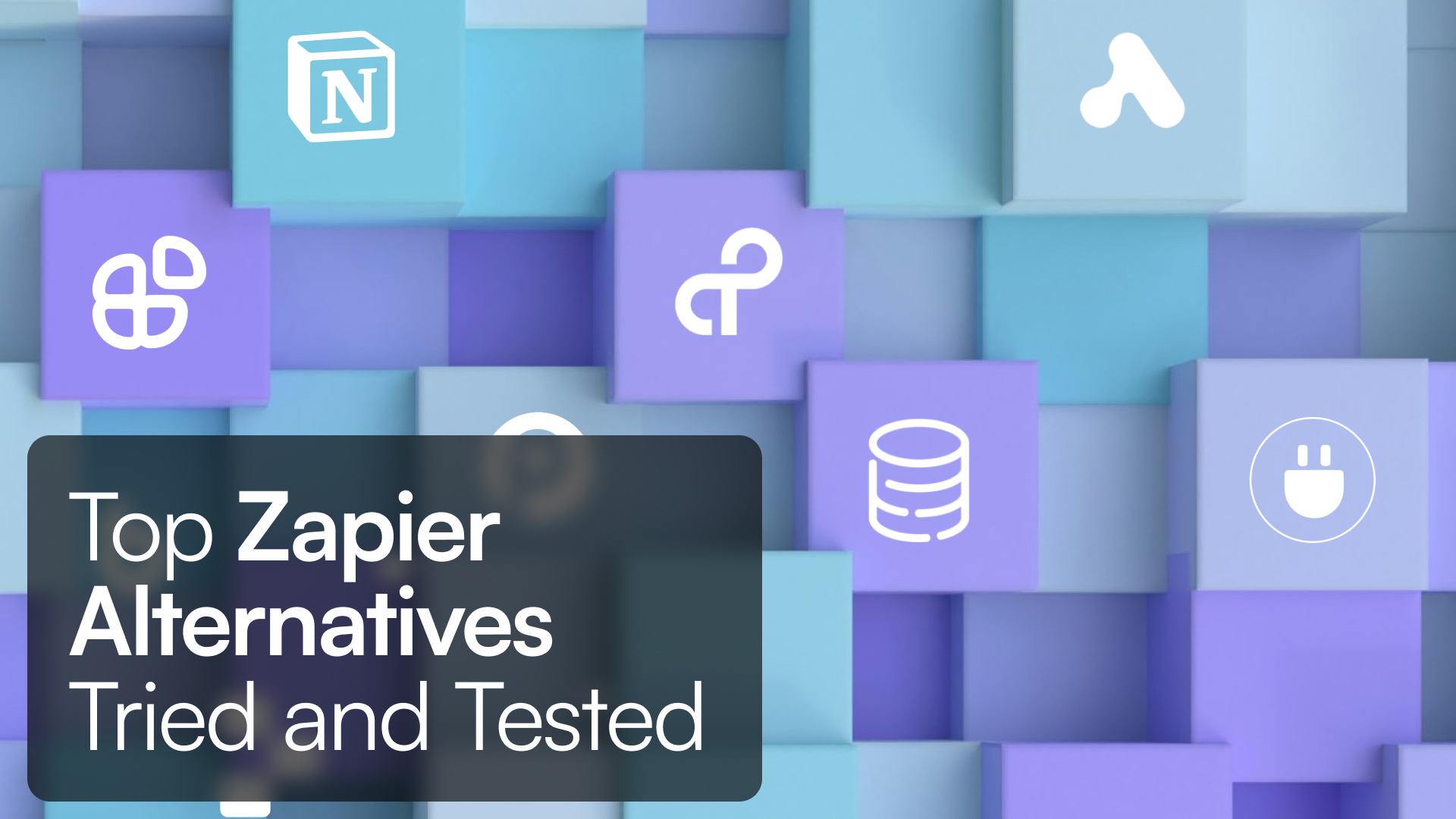Introduction
Your Database is Your Frontline of HIPAA Compliance
Choosing the right HIPAA-compliant database is like picking the foundation of your clinic's digital infrastructure. If your records system leaks, so does your reputation—and you could face six-figure fines.
Think of it like a vault: it’s not just about thick walls (encryption) but also about who gets in, what they do inside, and whether you can prove it. That’s what HIPAA requires—strong, auditable systems that secure ePHI (Electronic Protected Health Information) across all touchpoints.
What Makes a Database HIPAA-Compliant?
To meet HIPAA’s Security Rule, your database must check all three boxes:
| Safeguard | Requirements |
|---|---|
| Administrative | Risk assessments, access policies, staff training, breach response, BAAs |
| Technical | Encryption at rest and in transit, audit logs, role-based access, MFA |
| Physical | Secure data centers, media disposal, backup systems, disaster recovery plans |
It’s not enough to store data securely—you must document policies, control access, log every interaction, and retain records for at least 6 years.
Top HIPAA-Compliant Databases in 2025
Quick Comparison Chart:
| Feature | Tadabase | MongoDB Atlas | Amazon Aurora (AWS) | Google Cloud SQL | Microsoft Azure SQL |
| No-code Availability | Yes | No | No | No | No |
| Audit Logging Defaults | Built-in | Requires config | Requires config | Built-in | Built-in |
| PHI Access Control Options | Role-based, visual | Role-based | IAM-based | IAM-based | Role-based |
| Built-in HIPAA Templates | Yes | No | No | No | Some Blueprinting |
| Support | Real humans | Dev community | AWS Docs | Google Support | Enterprise suppor |
Here are the best platforms for storing sensitive health data—ranked for ease of use, compliance depth, and private practice suitability.
1. Tadabase  — Best No-Code Option for Private Practices
— Best No-Code Option for Private Practices
Tadabase is a no-code HIPAA-compliant platform designed specifically for healthcare professionals. It lets you build and manage databases, patient portals, forms, and dashboards—without writing a line of code.
Why Tadabase ranks #1:
-
End-to-end encryption, audit logs, auto-logout, role-based access
-
Signed Business Associate Agreement (BAA)
-
HIPAA-ready templates for portals, onboarding, scheduling, and more
-
Built-in logic to limit PHI visibility by role or department
-
Ideal for solo providers, growing practices, and virtual-first teams
Explore more: Architecting for HIPAA on Tadabase
2. MongoDB Atlas 
A flexible cloud database that offers HIPAA-compliant deployment, including:
-
Encryption, role-based access, activity monitoring
-
BAA available for Atlas accounts
-
Best for teams with backend devs who want customization power
3. Amazon Aurora (AWS) 
Aurora is part of AWS's HIPAA-eligible services and offers:
-
High availability and scale
-
Key management via AWS KMS
-
BAA signed, but you manage audit logging, access, and backups
4. Google Cloud SQL 
Backed by Google's infrastructure, it provides:
-
Built-in encryption, IAM, audit logs
-
Covered under Google's HIPAA BAA
-
Great integration with Google Workspace, BigQuery, Looker
5. Microsoft Azure SQL 
A strong enterprise option with:
-
Built-in compliance blueprints for HIPAA
-
Transparent Data Encryption, access control, and auditing
-
Requires Azure expertise to configure securely
Common Pitfalls When Choosing a HIPAA Database
Avoid these frequent mistakes private practices make when evaluating HIPAA-compliant database solutions:
-
Choosing tools that don't offer signed Business Associate Agreements (BAAs)
-
Ignoring proper backup schedules and data retention policies
-
Assuming that any cloud-hosted database is automatically HIPAA-compliant
-
Failing to verify if the platform offers detailed audit logging or role-based access
-
Overlooking staff training and internal HIPAA procedures
Choosing the Right Database: A Quick Guide
| Factor | Small Clinics & Solo Practices | Large Practices & IT Teams |
| Ease of Use | Tadabase (no code) | MongoDB, Aurora |
| Hands-Off Compliance | Tadabase handles security defaults | Google, AWS need more setup |
| Scalability | Google Cloud SQL, MongoDB | Aurora, Azure |
| Internal Dev Resources | No Dev Needed (Tadabase) | Dev-friendly (MongoDB, AWS) |
How to Deploy Your HIPAA-Ready Database
-
Map PHI flow — Know where patient data enters, moves, and is stored
-
Apply least privilege — Limit access to only what's needed
-
Encrypt data — Use AES-256 + TLS with key management
-
Centralize audit logs — Track every access or change
-
Back up and retain — Store encrypted backups; retain logs 6+ years
-
Train your team — HIPAA compliance is human, not just technical
-
Choose your platform wisely — Tadabase simplifies all of the above
Why Private Practices Choose Tadabase
Tadabase isn't just HIPAA-compliant—it's built for clinicians:
-
Visual builders replace backend dev work
-
Control exactly who sees what—down to the record level
-
Real support from real people
-
Launch apps like ABA Therapy Tracking or Healthcare Inventory Management in days, not months
Frequntly Asked Questions
Is database encryption enough for HIPAA?
No. You also need access control, audit logs, BAAs, disaster recovery, and policies.
Can solo providers comply without an IT team?
Yes. Platforms like Tadabase are purpose-built to help smaller teams get it right without complexity.
What’s a BAA, and do I need one?
Yes. If your provider stores or processes PHI, you need a Business Associate Agreement in place.
How do I know if a vendor is truly HIPAA-compliant?
Ask for a signed BAA, check if they have SOC 2 or HITRUST certifications, and confirm their audit logging and encryption policies.
What happens if my database gets breached?
If you're storing ePHI and fail to meet HIPAA requirements, you could face heavy fines and must notify affected patients. Encryption and audit logs help mitigate damage.
Do I need HIPAA-compliant forms and portals too?
Yes. Anything collecting or displaying PHI—from intake forms to client dashboards—must be secured. Tadabase includes all of this.
How long do I need to retain audit logs?
HIPAA requires retention for at least 6 years. Make sure your system backs up and archives logs securely.
Is HIPAA compliance a one-time setup?
No. You need regular reviews, training, audits, and updates. Compliance is continuous.
Ready to Build HIPAA-Compliant Applications?
Use this post as your playbook:
-
Choose a trusted, audit-capable database
-
Implement safeguards and document everything
-
Train your team and use tech that scales with your practice
Want a no-code, audit-ready platform?
Start building HIPAA-compliant healthcare tools in minutes with Tadabase.







